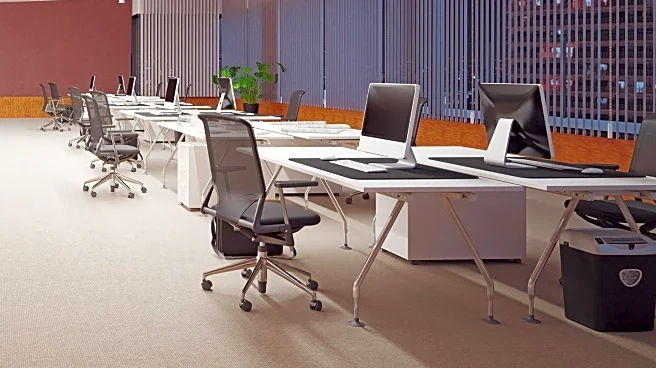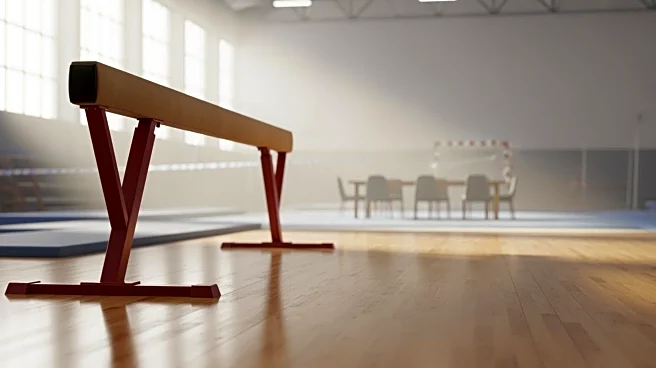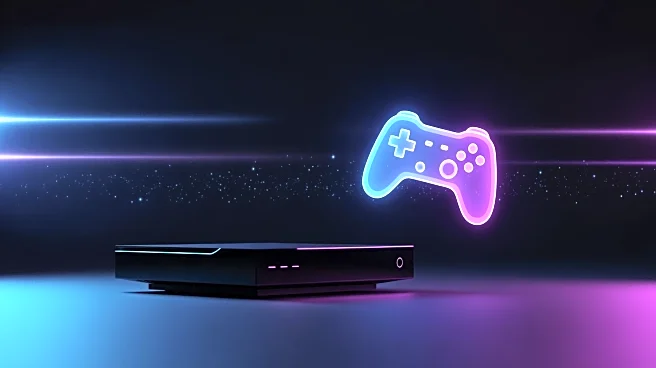What's Happening?
Researchers at the Technion-Israel Institute of Technology have developed a new adhesive inspired by molluscs that can seal wounds in seconds. Molluscs, which make up a significant portion of marine life, have unique adhesive properties that have been
replicated in this medical innovation. The adhesive, created by Dr. Shady Farah and PhD student Qi Wu, aims to improve surgical outcomes and accelerate healing processes. This development represents a significant advancement in medical technology, offering a quick and effective solution for wound closure.
Why It's Important?
The creation of a rapid wound-sealing adhesive has the potential to revolutionize surgical procedures and emergency medicine. By reducing the time required to close wounds, this technology can decrease the risk of infection and improve patient recovery times. It also offers a new approach to wound management, potentially reducing healthcare costs and improving outcomes in both civilian and military medical settings. The innovation underscores the importance of biomimicry in advancing medical technologies, highlighting how natural processes can inspire effective solutions.
What's Next?
The adhesive is expected to undergo further testing and development before it can be widely implemented in medical practice. Researchers will likely focus on optimizing its application and ensuring its safety and efficacy in various medical scenarios. The technology may also inspire additional research into biomimetic solutions for other medical challenges. As the adhesive moves towards commercialization, it could attract interest from medical device companies and healthcare providers looking to enhance surgical and wound care practices.
Beyond the Headlines
This development highlights the growing trend of using biomimicry in technology and medicine. By studying natural organisms, scientists can create innovative solutions that are both effective and sustainable. The adhesive's design reflects a broader movement towards integrating natural principles into technological advancements, offering new perspectives on problem-solving in healthcare and beyond.















